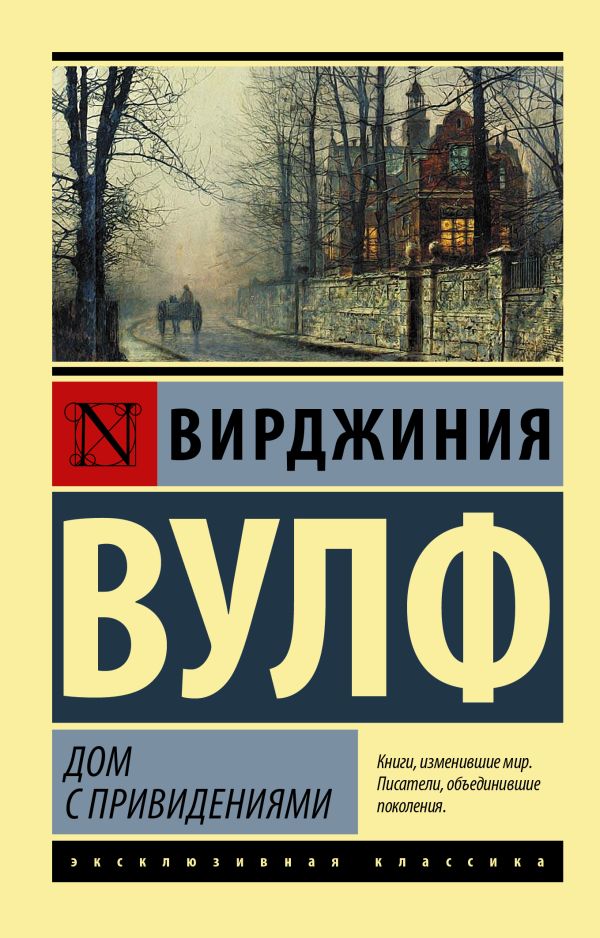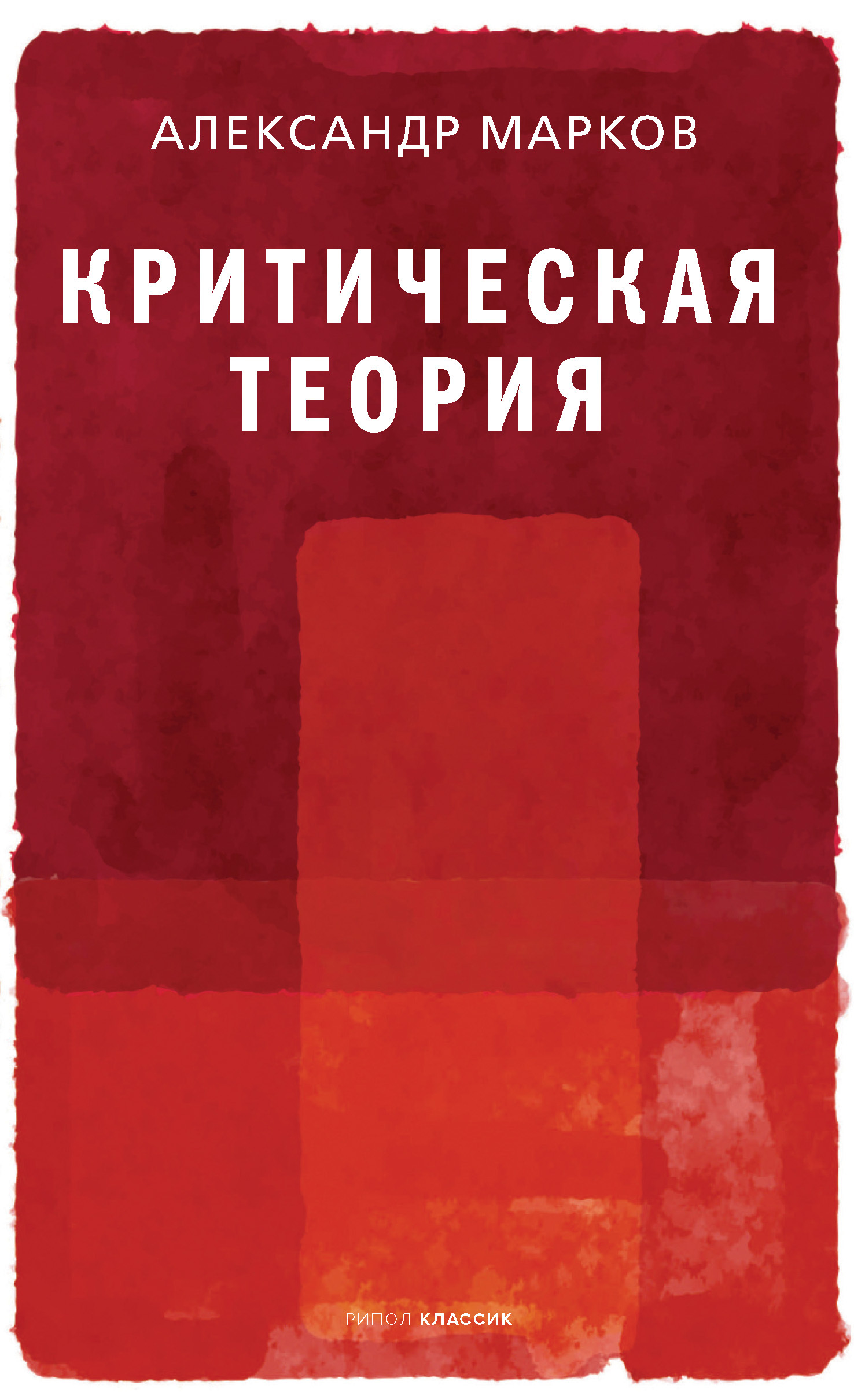Шрифт:
Закладка:
В книге Дорис Бахманн-Медик рассматривается сложная конфигурация современных наук о культуре, которая начинает складываться со второй половины ХХ века и продолжает менять свои контуры по сей день. Автор выделяет семь парадигмальных смен исследовательского фокуса, или «культурных поворотов»: интерпретативный, перформативный, рефлексивный, постколониальный, переводческий, пространственный и пикториальный/иконический. В исследовании подробно описывается контекст возникновения, основные теоретические установки и аналитические категории каждого из «поворотов», а также то влияние, которое они оказали на самоосмысление отдельных дисциплин и развитие междисциплинарных предметных областей. Особое внимание уделяется концептуальным взаимосвязям и пересечениям между самими «поворотами», равно как и перспективам их развития, в том числе в свете новых вызовов культурологическим исследованиям – например, со стороны постсекулярного мышления, или «нейробиологического поворота».





